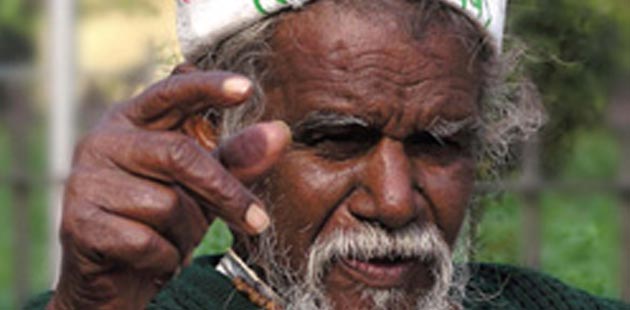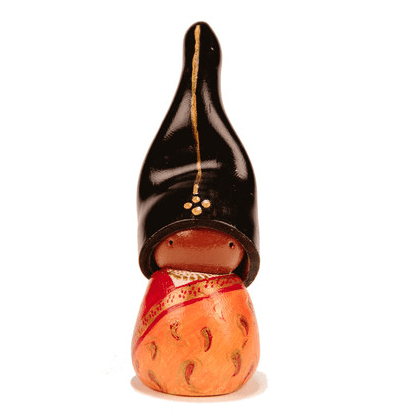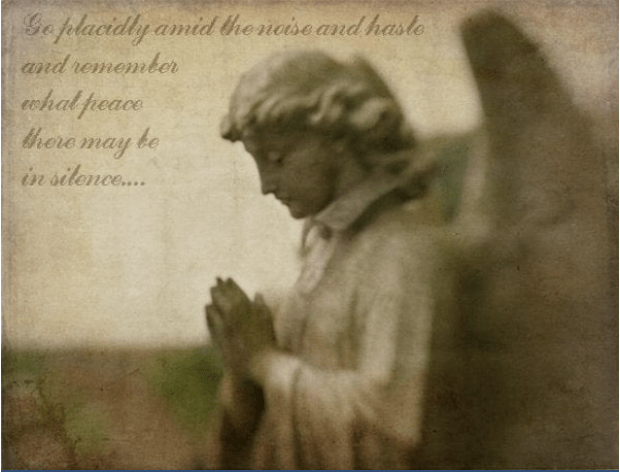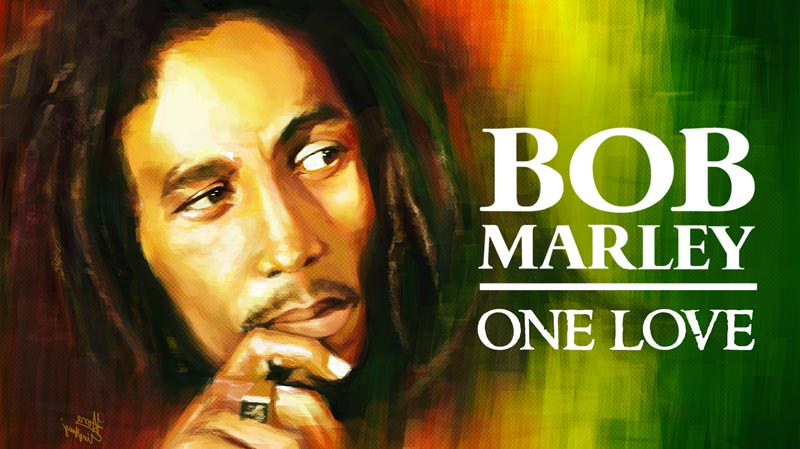Take a whole lot of butterflies and get them to flap their wings!
March 17, 2015The cool thing about kindness? It feels REALLY good!
April 15, 2015The people said that it couldn’t be done. His critics called him crazy . . .
Yet Dashrath Manjhi could not be deterred. Dashrath Manjhi refused to be beaten.
For more than TWO DECADES, using nothing but a hammer, chisel and, at times, his bare hands, Dashrath Manjhi chipped away at the 300-foot mountain that stood between his small village, where the people had no prospects and precious little to look forward to, and the nearest town, with its jobs and its schools and its doctors.
That town, incidentally, was just one kilometre away, yet the imposing mountain meant that a journey 75 TIMES as long must be made in order to reach it. That the journey was also hazardous (those making it required to negotiate a narrow and treacherous pass) made the town even more inaccessible. One day, whilst attempting to cross the mountain, Dashrath’s wife slipped, fell and suffered serious injuries. Unable to access the medical resources on offer in the town, her condition deteriorated. She later died.
Fearing further accidents, and aware that his people could not hope to thrive in such a deprived and limited location, Dashrath decided to do something about it.
He had no money, no skills and, other than his basic hammer and chisel, no equipment. Yet although he faced a mountain (quite literally) he began to build a road . . .
Through the hillside, chipping at the rocks, ignoring the taunts from those adamant that he stood no chance.
Night and day, around the clock and in all conditions, he hammered and he scraped and he dug and he quarried, never giving up, his determination to succeed steadfast.
In time, the taunts stopped and, from time to time, people brought him food (although he continued to dig alone). The town got nearer and the people began to believe. Having started in 1960, Dashrath made the all-important breakthrough in 1982. No-one laughed at him then and he became a revered figure, whose toil and self-sacrifice had given them the means to change their lives. He became known as Mountain Man.
The question here is what motivated Mountain Man? What kept him going for all that time? What powered such a remarkable feat? What could keep his hammer striking and block out all the naysayers.
The chance to prove them wrong? Perhaps. The chance to demonstrate that an individual can achieve anything? For certain.
One man, chipping away. For the greater good, for everybody. For his people . . .
For community. For change. For connection.
Dashrath died in 2007, but not before he had touched countless lives and not before he had made the most profound difference to all around him.
Even now, all this time later, his influence abounds and his spirit is all around . . .
Because he put himself out there. Because he decided to make a difference. Because he ignored his critics. Because he refused to be beaten.
You too can make a difference. You too can move mountains. Think about it some time . . .





